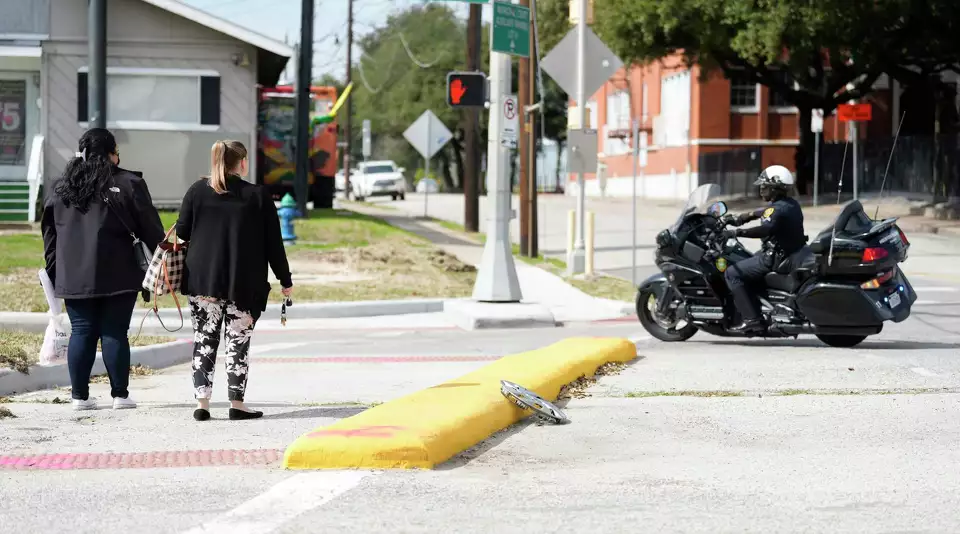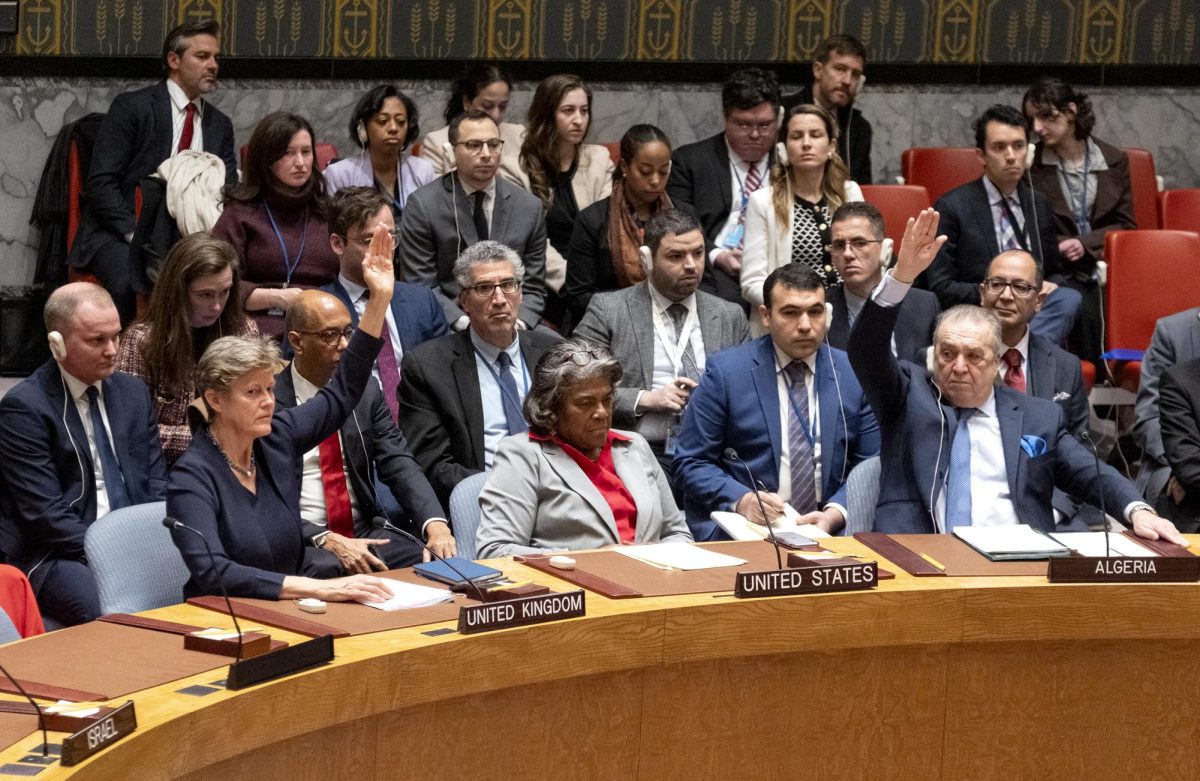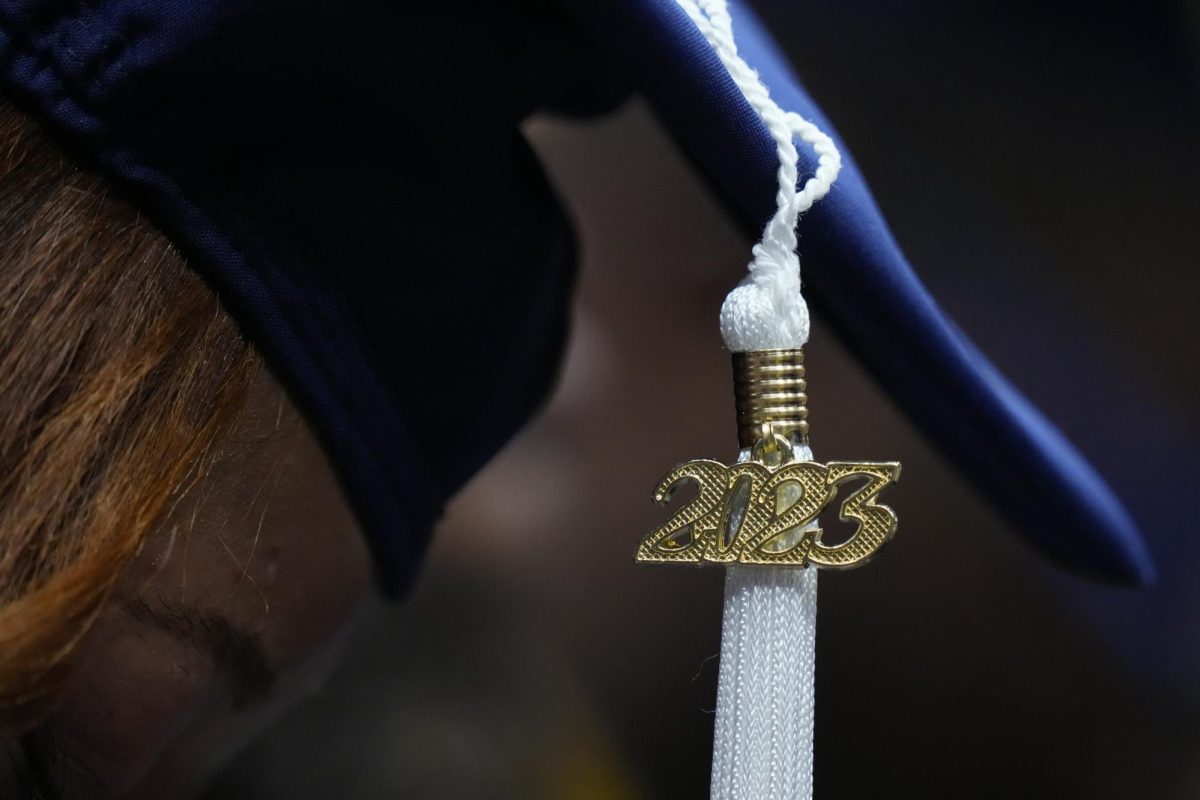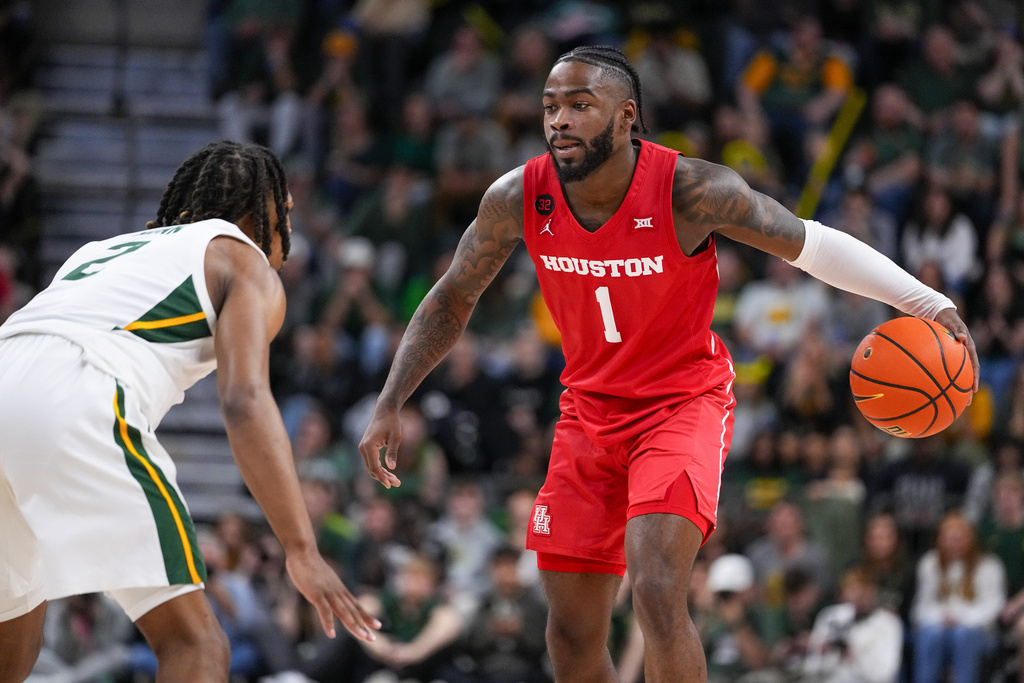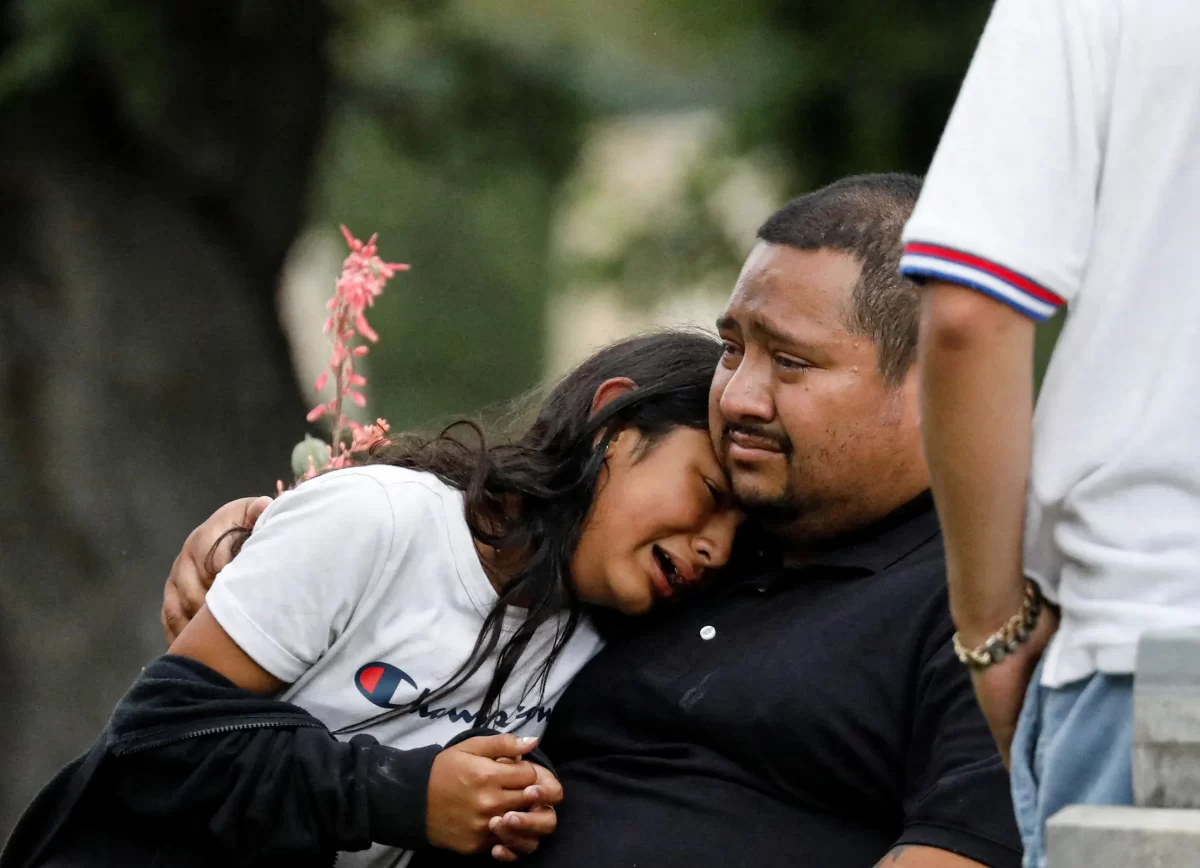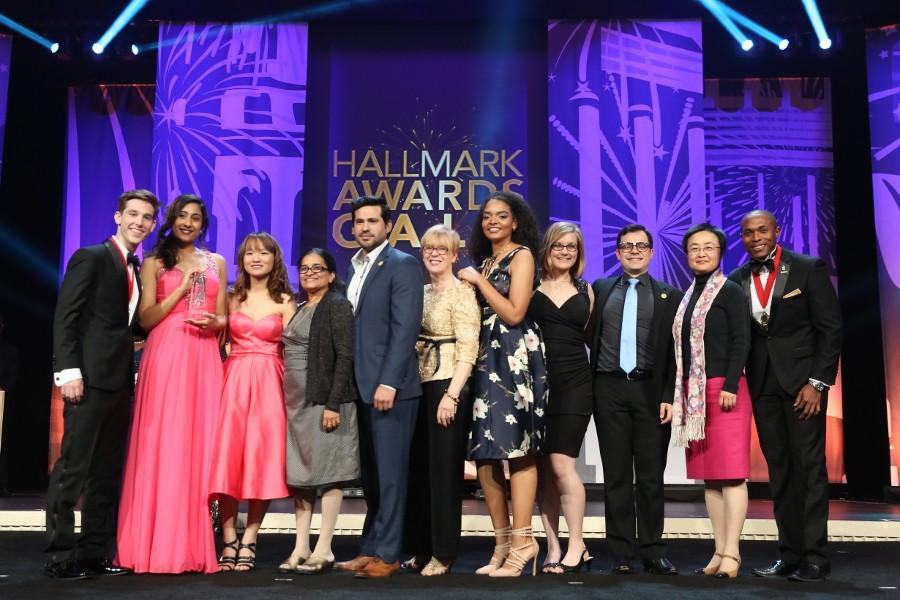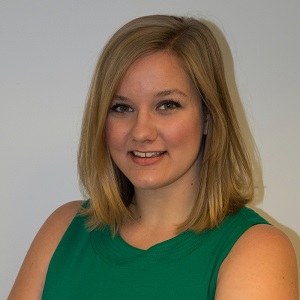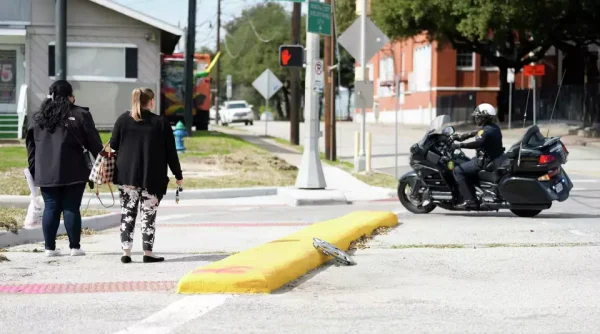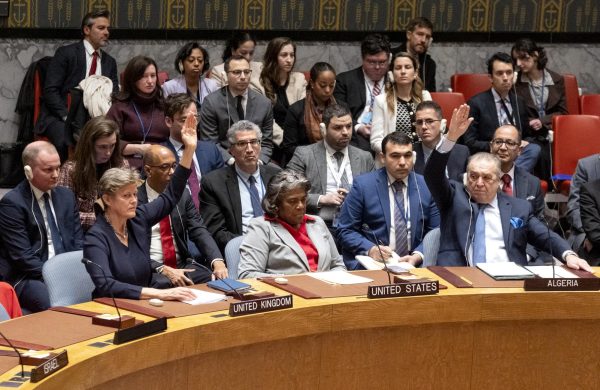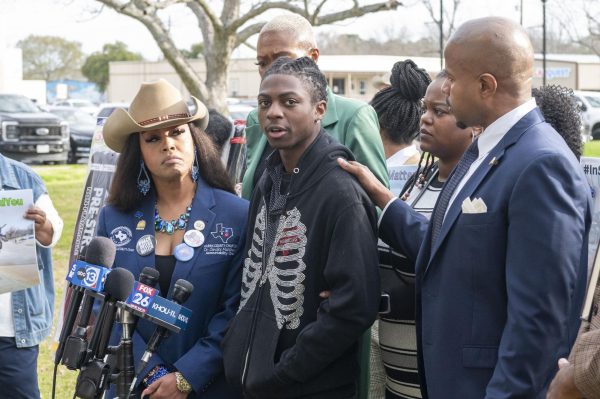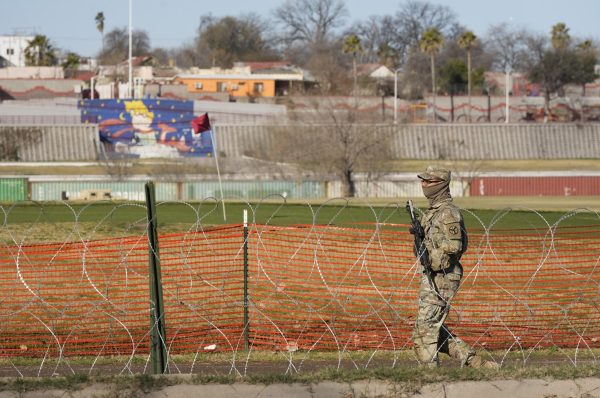HCC honor society ranks as one of the best in the world
Image Courtesy Phi Theta Kappa
Members and advisers of HCC’s Omega Sigma receive one of their four Hallmark Awards at Phi Theta Kappa Honor Society’s annual international convention on April 9 in National Harbor, Maryland. Left to Right: International VP Joe Spieldenner, Public Relations Officer Angie Chacko, VP Jessica Nguyen, Adviser Eunice Kallarackal, President Ivan Lopez, Adviser Dr. Gisela Ables, VP Carina Watson, member Alyssa Foley, VP Alexandre Soares, Adviser Dr. Minh He, International President Yanik Etan.
April 21, 2016
Houston Community College’s chapter of Phi Theta Kappa is now ranked as the seventh most distinguished chapter in the world out of 1,285 chapters.
“All the work that we did paid off, and that feeling was incredible,” said Angie Chacko, the group’s public relations officer. She said that winning the Hallmark Awards, “was more rewarding than anything.”
Phi Theta Kappa is an international honor society for two-year college students. The national organization boasts $90 million in scholarships for its members. Students with at least a 3.5 GPA and 12 or more hours of college-level credit are invited to join every spring and fall. Omega Sigma sent eligible students invitations earlier in this semester, and the deadline to accept membership is May 15.
HCC’s Omega Sigma chapter won four Hallmark Awards at the International Convention in National Harbor, Maryland, April 7–9. They were awarded: Distinguished Honors in Action Theme; Distinguished Honors in Action Project; Distinguished Chapter; and Distinguished Chapter Sixth Place Finalist.
“It was not one particular thing that got us there, but the combination of the efforts from everything,” said Ivan Lopez, the President of Omega Sigma. The distinguished chapter rankings are determined by combining the scores for both the Honors in Action and College Project.
Honors in Action is a research project conducted on one of nine themes. “These topics we’re researching are legitimate problems that are going on in the world. If we could do something about it—that would be awesome—and Phi Theta Kappa promotes that and gives you the opportunity to see something that’s going on in the world and do something about it,” said Chacko.
For their research project, “We brought awareness about the excessive use of internet use through our cell phones and social media apps,” explained Lopez, “excessive use that is non-productive, that has nothing to do with homework.”
“We notice it in the schools. We notice it in our classes. We notice that people, instead of interacting with one another, as soon as you walk into the classroom, you sit down and don’t even say ‘Hi’ to each other sometimes,” said Chacko, “We wanted to find out why that was, and we wanted to find out if we could find a way to bring that social interaction back.”
While researching the topic, Omega Sigma Webmaster Maria Wiratman discovered that elsewhere in the world, excessive social media use is sometimes classified as an addiction. That led the group to look at the issue from a health perspective instead of a social perspective.
Dopamine is released when someone checks their phone. “It becomes easier to stay on that phone longer,” noted Chacko.
“It’s a medical problem. It needs to be handle by a psychologist. It needs to be handled by a medical doctor,” explained Chacko, a nursing major, “so we decided to do an awareness project.”
They established focus groups and asked participants questions about their internet use and social interactions.
“People opened up about how easy it is to just get lost on the internet. Time goes by and three or four hours are gone, and that’s time you could have spent on your homework,” said Chacko. Students said that often, “they would like to talk to other people, but when they walk in [a classroom] everyone is already on their phone.”
“Most people accepted that they were in some form overly engaged in the use of it,” noted Lopez.
They shared their research finding with students and the greater community with brochures listing facts about excessive internet use. Last fall, they hosted a seminar where they presented their medical findings and had psychology and anthropology professors speak about the social and psychological aspects of the issue.
Meanwhile, for their community service College Project, they looked for a way to help lower the number of students dropping or failing their courses at HCC.
“We decided that having students teach students is a very good way of encouraging people to study and encouraging people to do well in their classes because they’re learning from their peers,” said Chacko.
First, they encouraged Phi Theta Kappa honor students to form study groups in their classes, and such study groups performed well in their courses last fall.
One day during the week before midterms and finals last fall, Omega Sigma hosted study blasts at six different campus libraries throughout HCC. Instructors and students volunteered to help students who needed help to pass their courses. Some student-tutors continued meeting with other students after midterms to help them succeed.
“When you are actually competing internationally and at the regional level, they don’t see any of these projects. We don’t record videos of them,” explained Alexandre Soares, Omega Sigma’s Vice President of Leadership. “We were judged based on those texts that we submitted.” Phi Theta Kappa headquarters hires an independent committee to evaluate and score project submission essays.
“I firmly believe that we had a strong college project,” stated Lopez. However, Omega Sigma did not win Distinguished College Project at the international level.
The chapter that was named the 2016 Most Distinguished Chapter internationally, the Alpha Rho Mu Chapter of Lone Star College–Tomball, also did not win a distinction for their College Project. Points for both projects are added up to determine the distinguished chapter rankings.
At the state level, Omega Sigma won Awards of Merit for both their research and service projects, as well as Chapter of Merit.
Two Omega Sigma members were also named to the Texas Region Hall of Honor this spring: Angie Chacko and Alyssa Foley. Maria Wiratman was also given an Honorable Mention. For this individual award, members were nominated by their chapter and the regional office examined all the candidates from across the state and selected the new Hall of Honor inductees.
Both Lopez and Soares received the All Texas Scholar awards as well. To win this award, students must apply for Phi Theta Kappa’s fall transfer scholarships and be nominated by their campus adviser. Even if students don’t win the national scholarships, they are eligible for the All Texas Scholar award.
While membership invitations can be accepted through mid-May, Omega Sigma already hosted their spring induction ceremony on April 1 with 60 new members participating. The group is hosting their officer elections at a General Meeting on Friday, May 6, at 7pm at HCC’s West Loop campus in room C108.
“When I first got the [acceptance] letter, I thought it was spam,” admitted Chacko, but now “Every college that I’ve gotten into has offered me scholarships because of Phi Theta Kappa.”
“Before joining Phi Theta Kappa, I would say that they check with their transfer dream schools if they have Phi Theta Kappa transfer scholarships. Many, many schools have that,” said Soares.
Lopez was offered a scholarship for $9 thousand a year from his dream school, Columbia University, for his affiliation with Phi Theta Kappa. “It’s probably one of the best investments that they can make,” said Lopez about the $95 membership fee.
“I grew so much as a leader, and I grew so much as a researcher, and I grew so much as a person because I became a lot more open minded—a lot more humble too,” says Angie Chacko about her experience serving as a club officer.
“Phi Theta Kappa is not just about scholarships and getting the name. It’s hallmarks of leadership, it’s hallmarks of scholarship, it’s hallmarks of service, it’s hallmarks of fellowship are true too,” noted Chacko, “and that comes when people are more involved.”




